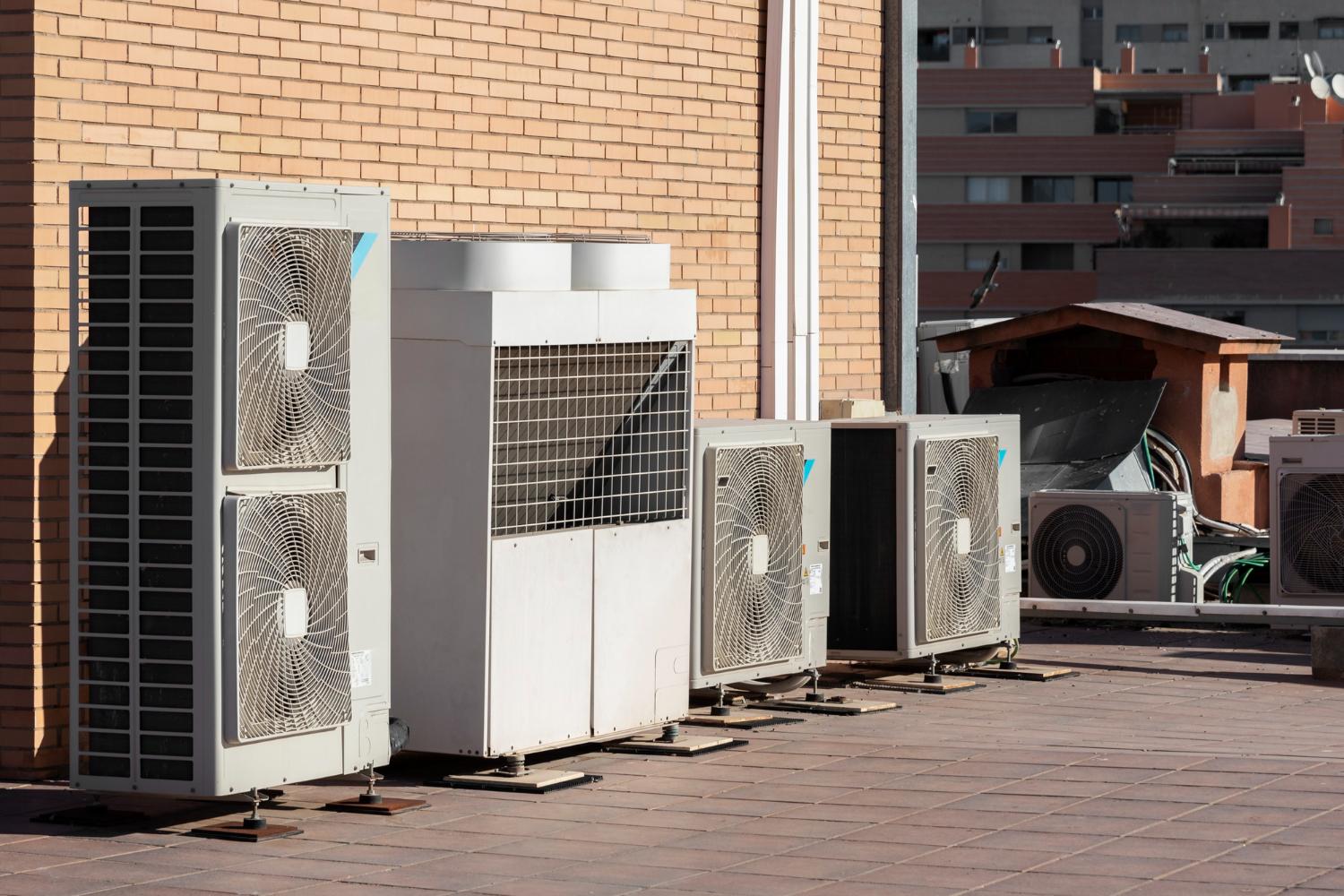
Living in a humid area comes with its own set of challenges, especially when it comes to keeping your home cool and comfortable. Your HVAC system plays an essential role in this, but the added moisture from the environment can create unique problems. Excess moisture can lead to mold and mildew growth in your HVAC system, affecting your air quality and system efficiency.
Besides mold, humid conditions can make your HVAC system work harder than usual. The system not only cools your home but also removes excess moisture from the air. This extra work can cause wear and tear, leading to efficiency issues or even breakdowns over time. Understanding these problems and how to fix them can help you maintain a healthy and efficient HVAC system.
Addressing common HVAC problems in humid areas can save you money and extend the life of your system. With just a bit of knowledge and regular maintenance, you can tackle these challenges head-on, ensuring a comfortable indoor environment all year round.
Moisture and Mold Issues
Excess humidity can be a big challenge for HVAC systems in humid areas. When warm, moist air passes through cooling coils, it creates condensation. This moisture can build up inside the ducts and around various components of your HVAC system, providing an ideal environment for mold growth. Mold spores can spread through the air, leading to poor indoor air quality and potential health risks for you and your family.
Preventing mold in your HVAC system requires regular maintenance and a few simple practices. Start by ensuring that your system is cleaned frequently to remove dust and debris that can harbor moisture. This includes cleaning coils, drain pans, and ducts where condensation can accumulate. Additionally, install a dehumidifier to help control the humidity levels in your home, particularly in areas with poor ventilation like basements.
It’s also necessary to change your air filters regularly. Clogged filters restrict airflow, causing more condensation inside your system. By maintaining clean and efficient airflow, you can reduce moisture buildup and limit mold growth. Investing in UV lights for your HVAC system can also help by killing mold spores before they get a chance to spread.
Overworking the System
HVAC systems in humid regions have a harder job than those in drier areas. They must cool your home and remove extra moisture constantly, which can push the system to its limits. This double duty means your system works harder and wears out faster.
Several signs can indicate your HVAC system is overworked. If your energy bills are steadily rising, yet your usage hasn’t changed, your system might be straining. Other signs include short cycling, where your system turns on and off frequently, and uneven temperatures throughout your home.
To reduce the strain on your HVAC system, consider these steps:
– Regular Maintenance: Schedule routine check-ups to ensure your system is running smoothly. This can help catch small issues before they become major problems.
– Use Fans: Enhance airflow with fans to circulate cool air more effectively throughout your home.
– Seal Leaks: Check for any air leaks in windows or doors and seal them. This prevents cool air from escaping and keeps warm air out.
Implementing these strategies helps your system run more efficiently, prolongs its lifespan, and ultimately saves you money on repairs and replacements. Reducing the workload means your HVAC unit will handle the humid conditions without breaking a sweat.
Refrigerant Leaks and Their Impact
Humidity can have a surprising effect on refrigerant within an HVAC system. In humid environments, the system works harder to dehumidify the air, which can stress components like coils and lead to refrigerant leaks. When refrigerant levels drop, the system struggles to cool the home effectively and may result in increased energy consumption and higher utility bills.
Identifying a refrigerant leak early is crucial. Signs include the system not cooling efficiently, hissing sounds near the indoor unit, and coil icing. If you suspect a refrigerant leak, it’s vital to have a professional HVAC technician inspect and repair the system. Technicians can use tools to pinpoint the exact location of the leak and fix it properly, restoring efficiency to your HVAC system.
There are several strategies to prevent refrigerant leaks:
– Regular Inspections: Schedule routine HVAC check-ups to catch any potential leaks before they worsen.
– Monitor System Performance: Keep an eye on your system’s cooling efficiency, and address any abnormal behavior promptly.
– Seal Connections: Ensure all connections are properly sealed to minimize the risk of leaks.
Taking action on these fronts will protect your wallet and keep your home comfortable despite high humidity levels.
Clogged Drain Lines
In humid climates, the air conditioning process creates more moisture as condensation drips from the cooling coils. This moisture needs to be properly drained away, which is why HVAC systems have condensate drain lines. However, in persistent humidity, these lines can become clogged with algae, mold, or debris, leading to water overflow and potential water damage.
Understanding the causes of clogged drain lines is crucial. When the cooling cycle begins, the condensate line can accumulate debris brought in by the moist air. Over time, this mixture can form blockages that restrict water flow and create leaks.
To unclog a condensate drain line:
1. Turn Off the System: Ensure the HVAC system is off to prevent damage while cleaning.
2. Use a Wet/Dry Vacuum: Attach the vacuum to the end of the drain line to pull out the clog.
3. Clean the Line: Use a mix of vinegar and water to flush any remaining debris away.
Regular maintenance of the HVAC system, including cleaning the drain pan and inspecting lines for signs of algae or sludge buildup, can prevent clogs. Consistent care ensures your system operates smoothly, reducing the likelihood of costly repairs.
Conclusion
Handling common HVAC issues in humid areas enhances system efficiency and improves indoor comfort. By recognizing problems like mold growth, overworked systems, refrigerant leaks, and clogged drain lines, you can take proactive steps to address them. Regular maintenance and prompt interventions not only extend system life but also save money and create a more comfortable living space.
Total Air Masters is here to support you with expert HVAC services, ensuring your system runs efficiently in humid conditions. Whether it’s routine maintenance or repairing specific issues, Total Air Masters has the knowledge and skills to keep your home comfortable throughout the year. Reach out to us for HVAC repairs in Cypress, TX and enjoy peace of mind knowing your HVAC system is in good hands.
